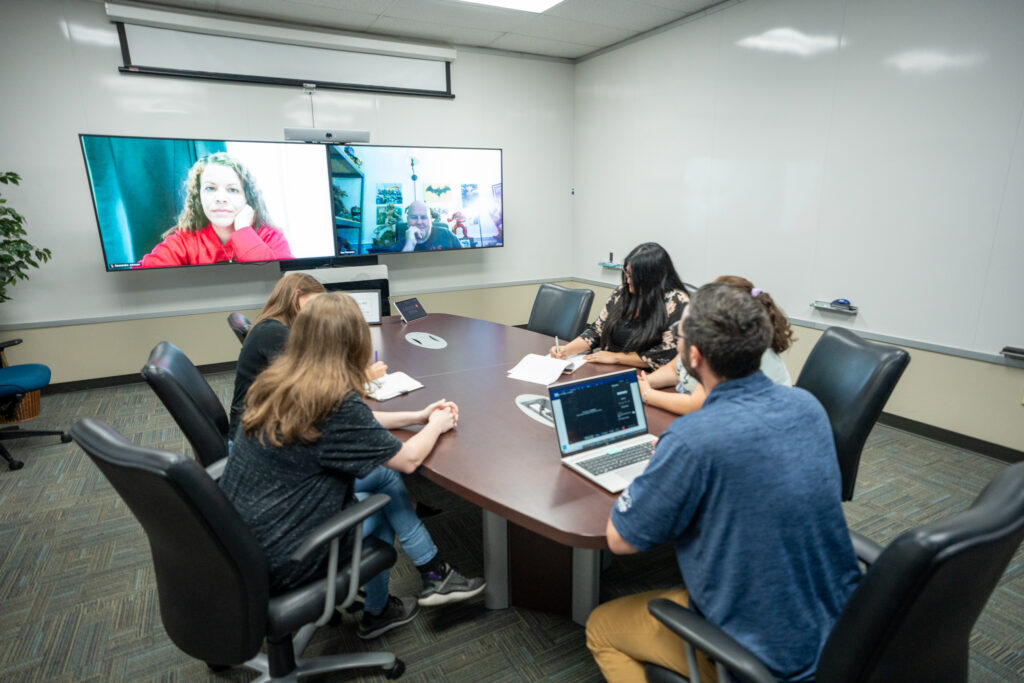Supply chain resilience has become one of the most important priorities for logistics professionals today. With constant shifts in global markets, political climates, and customer expectations, many organizations find themselves reacting to change rather than preparing for it.
At Pegasus Logistics Group, we believe resilience begins with leadership. Heath Shoemaker, our EVP of Transformation, has spent nearly two decades helping companies navigate disruption with confidence. His approach centers on practical frameworks, strong teams, and long-term thinking.
In this article, we explore Heath’s framework for navigating uncertainty with purpose, starting with the decisions you make before a crisis ever begins.
Table of Contents
The Modern Challenge: Moving Beyond Reaction to True Operational Resilience
The logistics environment is more volatile than ever and black swan events create a constant state of change.
Teams are forced to respond quickly to the issue of the day, often without the time or structure to think beyond the immediate challenge, preventing leaders from addressing the root causes of disruption. That’s where operational resilience becomes essential.
Operational resilience means having the ability to absorb shocks, maintain service, and adapt without losing sight of long-term goals.
“The question is, how resilient are we at navigating it?” says Heath Shoemaker, EVP of Transformation at Pegasus Logistics Group. “Are we empowering our people to make decisions with good judgment?”
For Heath, resilience starts with a mindset shift. Rather than trying to predict every possible disruption, companies should invest in their ability to respond well, regardless of the circumstances.

Three Pillars of Resilience in Supply Chain Leadership
Building operational resilience requires more than a mindset. It calls for a structured approach that equips teams to lead during uncertain times.
At Pegasus Logistics Group, we’ve identified three key pillars that support this kind of preparedness. Each one plays a vital role in helping companies respond with clarity, maintain stability, and continue delivering value. Let’s take a closer look at each.
Pillar #1: Establishing a Clear Decision-Making Framework
When disruption hits, the worst time to figure out how decisions will be made is in the moment. A resilient organization defines its process and priorities ahead of time. That starts with identifying your non-negotiables like values, behaviors, and strategic goals that should never be compromised.
“Orient to the purpose. Know your non-negotiables,” says Heath Shoemaker. “Have that plan in place. What do I put into gear when a market disruption happens?”
Equally important is assembling a diverse team that can act quickly and make smart decisions. This team should include people with different perspectives who are empowered to challenge assumptions and collaborate. Decision roles should be clearly defined, including who approves, who gives input, and who is accountable.
“Trying to plan for an infinite number of unknowns is a unicorn,” Heath explains. “The process of how you bring people together is what matters.”
Pillar #2: Leading Through Crisis with a Human-Centered Approach
Logistics leaders often focus on systems and strategy, but people are what keep the supply chain moving. Resilient teams need more than direction, they need support, trust, and space to act.
This begins with creating a culture where it’s safe to take action. Teams that are empowered to “fail fast and adjust” are more likely to stay proactive instead of freezing in high-stress situations.
“Be curious. Ask questions. Don’t make accusations,” Heath advises. “When you’re curious, you’re in it with them. When you’re accusatory, you’re not empowering your team.”
Equally important is how leaders approach communication. Crisis can lead to blame and defensiveness. But asking questions with curiosity creates space for real solutions.
Pillar #3 Managing Risk with Practical, Long-Term Thinking
Resilient supply chains are not built on short-term cost savings alone. They are built by prioritizing the long view by protecting relationships and maintaining service.
“If you’re just looking at cost-cutting, you may be stepping over dollars for pennies,” Heath warns. “Is it putting your culture at risk? Is it putting your service at risk?”
That long-term orientation also applies to how you work with partners. Logistics providers should be more than vendors. They should be collaborative problem-solvers who bring insights, options, and honest guidance.
True logistics risk management isn’t about avoiding all disruption but about making informed, values-based decisions that protect your business over time.

Collaborative Supply Chain Management: Leveraging Your Logistics Partner
In a complex logistics environment, having the right partner can make it easier to manage uncertainty. Collaborative supply chain management is about working together to solve problems and adapt to change without losing sight of your long-term goals.
When operations are disrupted, it helps to work with a provider who understands your priorities and can offer clear, well-informed options. A good partner brings a broader view of the market, draws from experience across industries, and supports your team with practical, timely input.
“We want to be your advocates. Your sounding board in times of risk and uncertainty,” says Heath Shoemaker. “We are here to help you think through what comes next.”
Sometimes the right solution means adjusting routes, shifting timelines, or finding a temporary alternative. These decisions are easier when there’s mutual trust and a shared understanding of what matters most.
“Sometimes we advise clients to take a route that means we do not handle the business for a while. But it solves their problem,” Heath says. “In the end, it comes back around.”
Your Partner in Building Resilient Supply Chains
Resilience does not come from avoiding disruption. It comes from being ready to respond with purpose. With the right decision-making structure, a strong team, and a trusted logistics partner, you can lead with confidence even in uncertain times.
At Pegasus Logistics Group, we believe that thoughtful planning, clear communication, and long-term thinking help build stronger supply chains. We are here to support you with insight, experience, and a commitment to doing what is best for your business.
Ready to build your framework for supply chain resilience? Contact a Pegasus Logistics expert today to start the conversation
